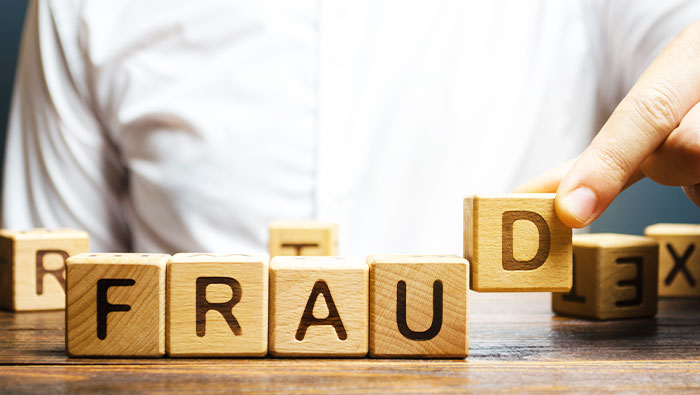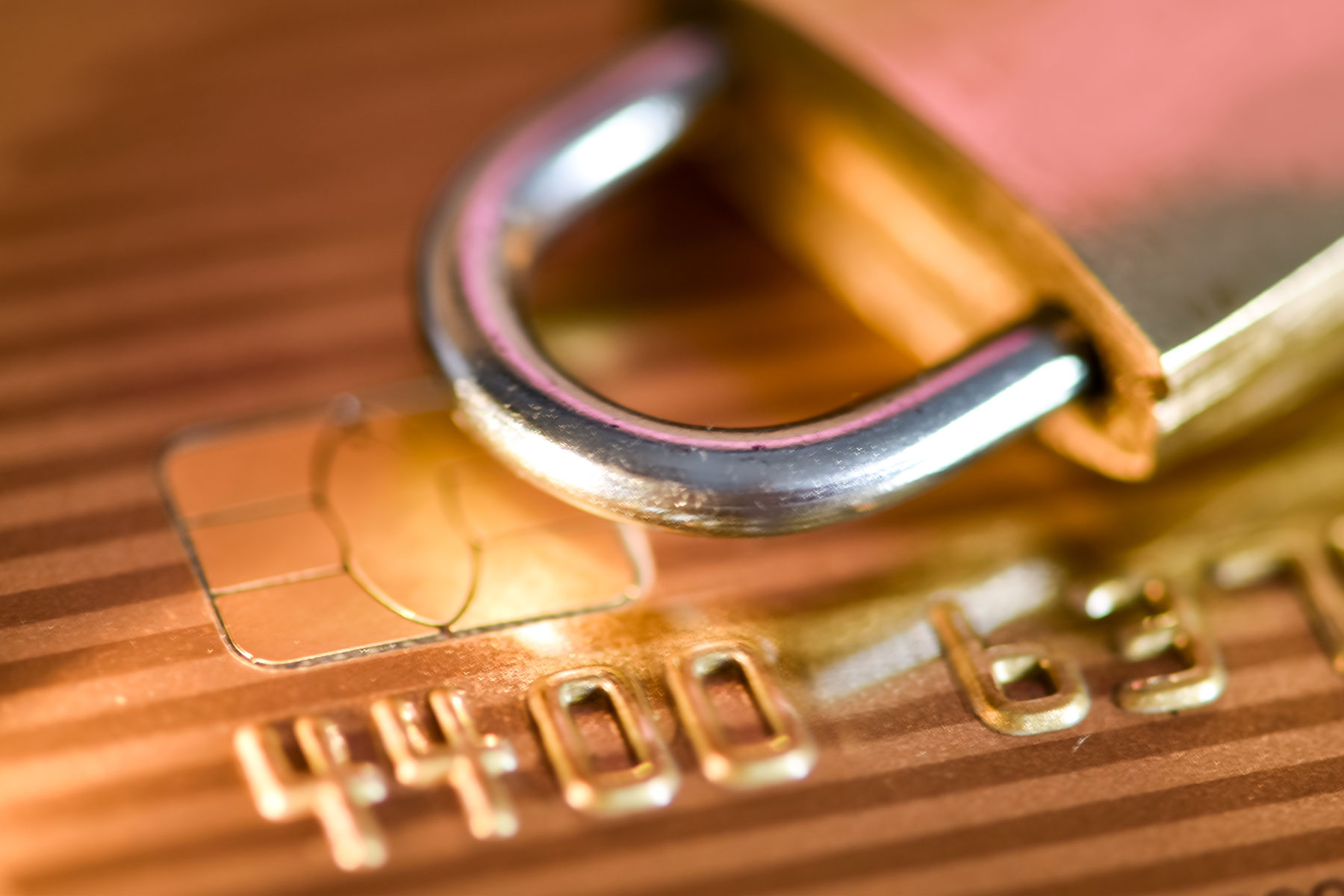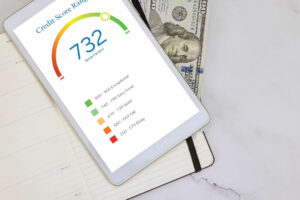Sadly, there are thieves and scammers out there who may try to steal from your credit card. Here’s what you can do to stop them.
Key takeaways
- Safeguard your card numbers and avoid giving out personal information
- Check credit reports, review billing statements, and report lost or stolen cards immediately.
- Use strong passwords and be cautious when shopping online.
- Never sign a blank receipt and keep your address updated.
- Monitor your credit activity regularly to catch fraud early.
Keep your card numbers safe
Do your best to keep your cards covered and not allow anyone to sneak a peek at your card information. When making a transaction, keep your eye on the card and make sure it’s back in your wallet before you walk away.
Check your credit report for errors
Every year, you receive a free credit report from all three of the major credit bureaus (Equifax, Experian, and TransUnion). Take advantage of this free report and look for any issues or errors. If you notice any red flags, you can dispute them on your own. But if you’re in the process of applying for a loan, you may want to reach out to a credit professional before disputing any mistakes.
Review billing statements for unusual activity
Keep an eye on your monthly statements so you can spot mistakes or unusual activity as soon as possible. Not only will this help you notice any fraudulent activity, but reviewing your credit card statements also helps you keep an eye on your spending and adjust your budget accordingly.
Avoid giving out personal information
A lot of thieves may pose as credit card issuers and call you asking for information. You should never give out your personal information on a phone call that you didn’t initiate. Overall, avoid giving out your personal information unless you’re absolutely sure it’s not a scam.
Report lost or stolen cards immediately
Most credit card issuers have toll-free numbers you can call 24/7 in the event that your credit card is lost or stolen.
Use strong passwords and keep them safe
For online accounts that hold your card information, use strong passwords. If you write down your passwords, don’t leave them out in the open. After every transaction, make sure to log out so someone can’t sign back into your account.
Be careful when shopping online
To prevent hackers from stealing your information, keep your computer firewall, virus protection, and browsers updated. When shopping online, stick to established businesses and look out for online scammers. Never pay for things online while using public Wi-Fi. Only use your card number on a secure network, and don’t share your personal information over email.
Never sign a blank receipt
If you get a receipt that has blank spaces above the total, draw lines through these spaces. This way, a thief won’t be able to use this blank receipt to steal money off your card. In fact, you may consider using paperless receipts when possible.
Keep your address updated
If you move, you’ll want to update your new address with your credit card issuer so that your monthly statements don’t fall into the wrong person’s hands.
The takeaway
Thieves and scammers are constantly evolving, so you should always be on the lookout. Thankfully, there are several steps you can take to prevent credit card fraud. Above all, you should continue to monitor your credit activity, as this will allow you to report fraud as soon as it happens.













